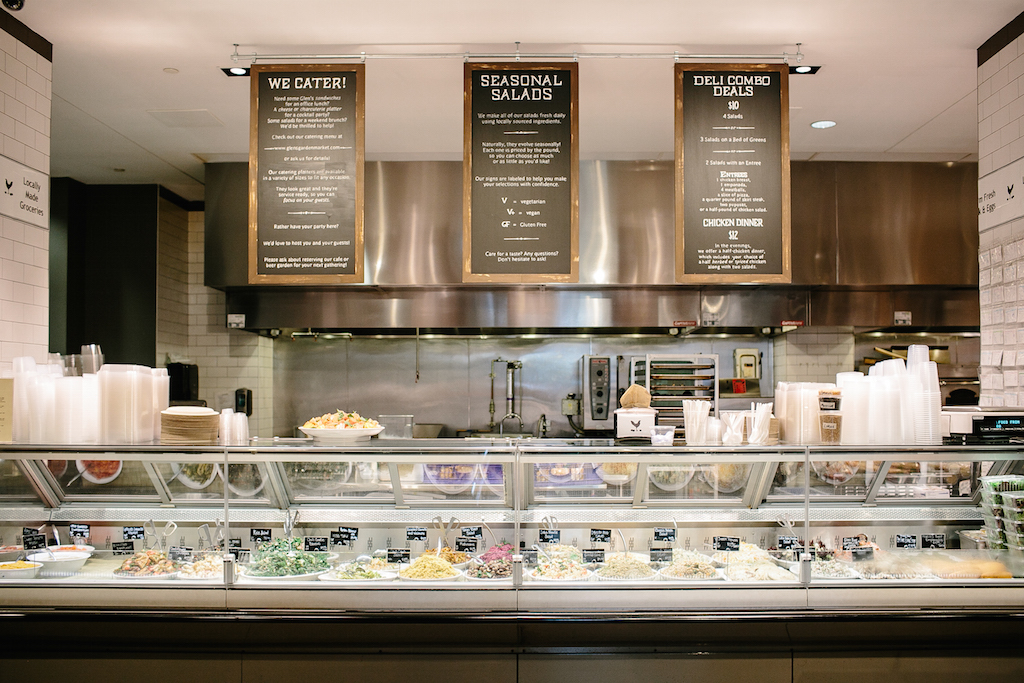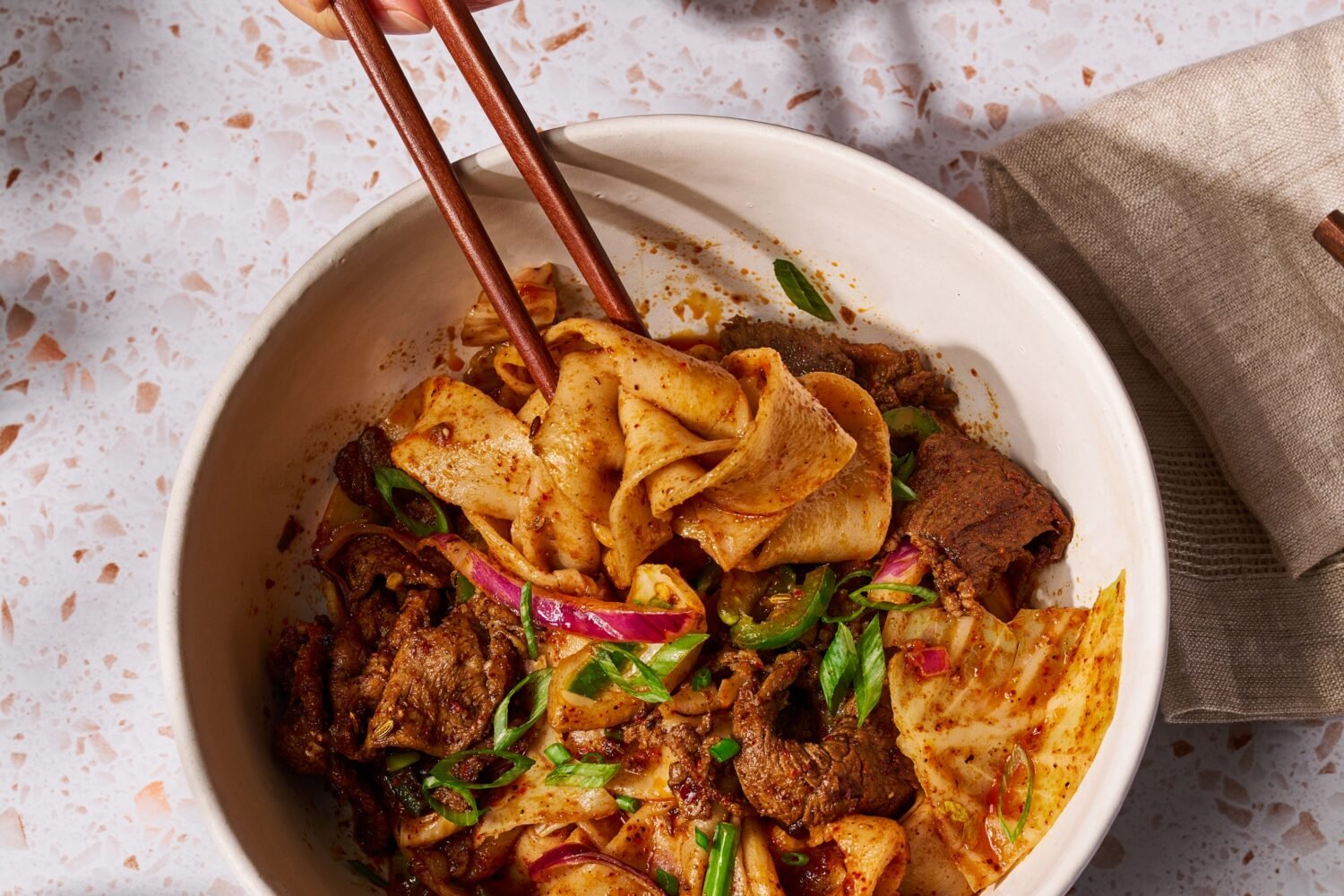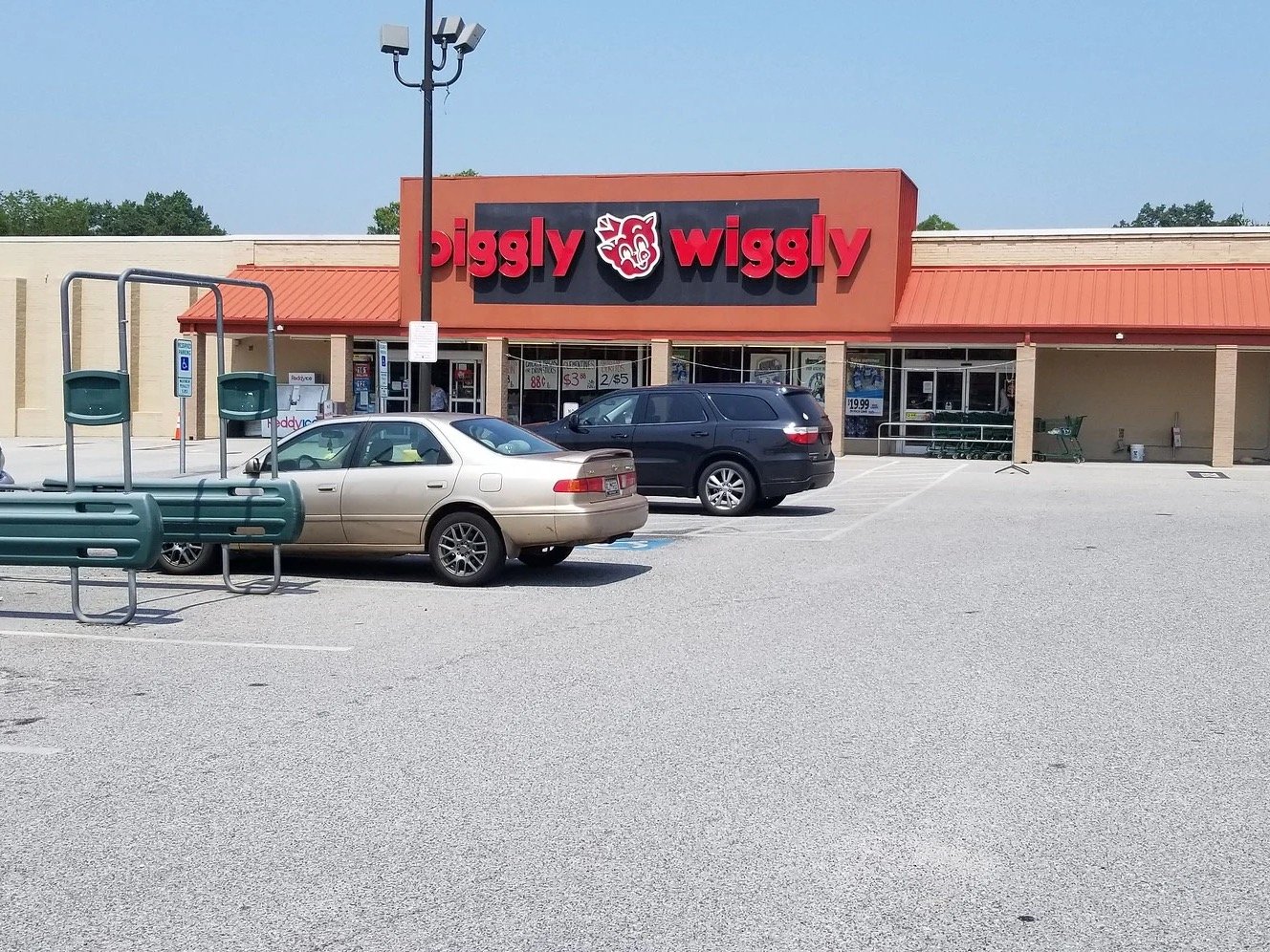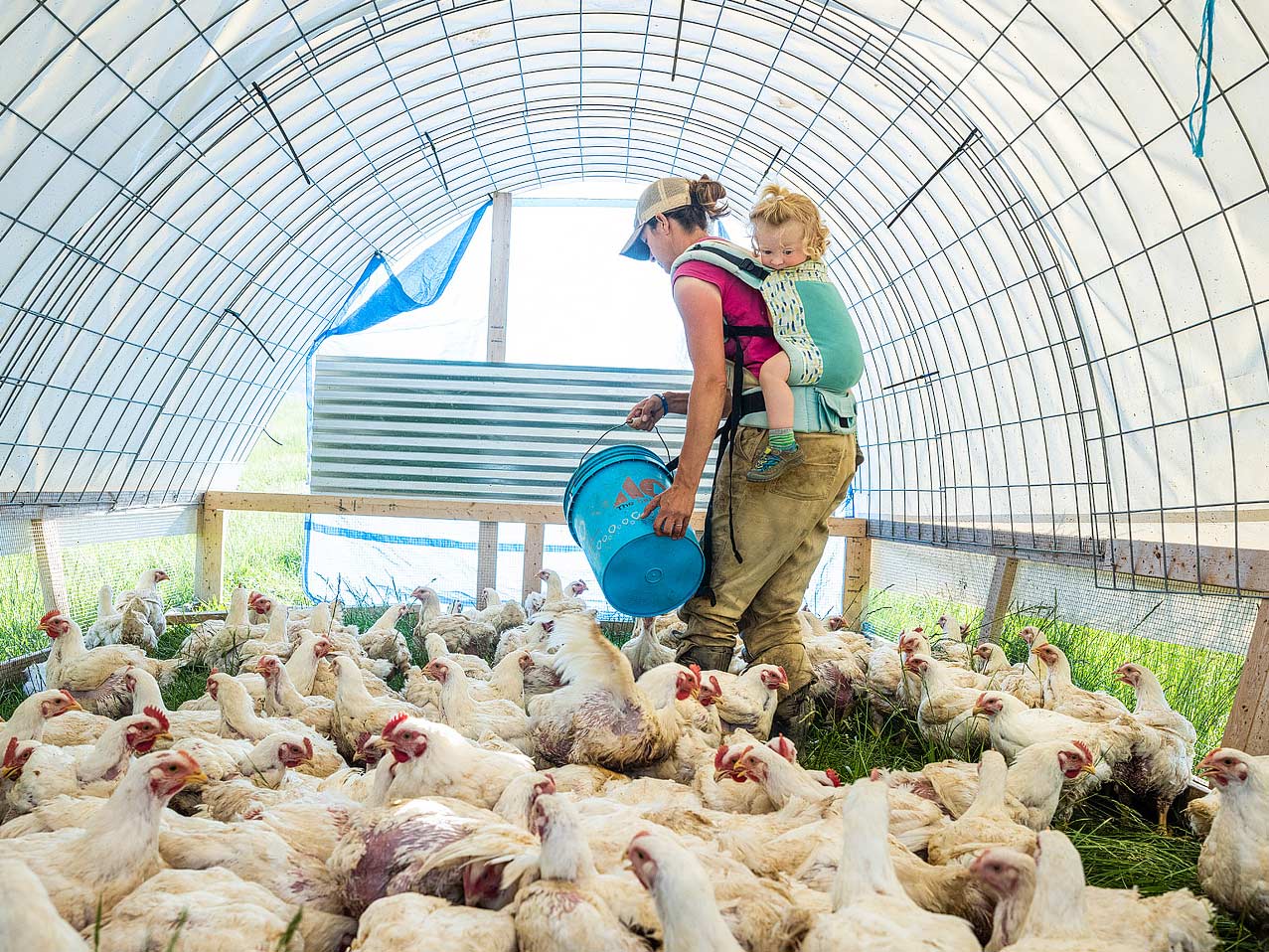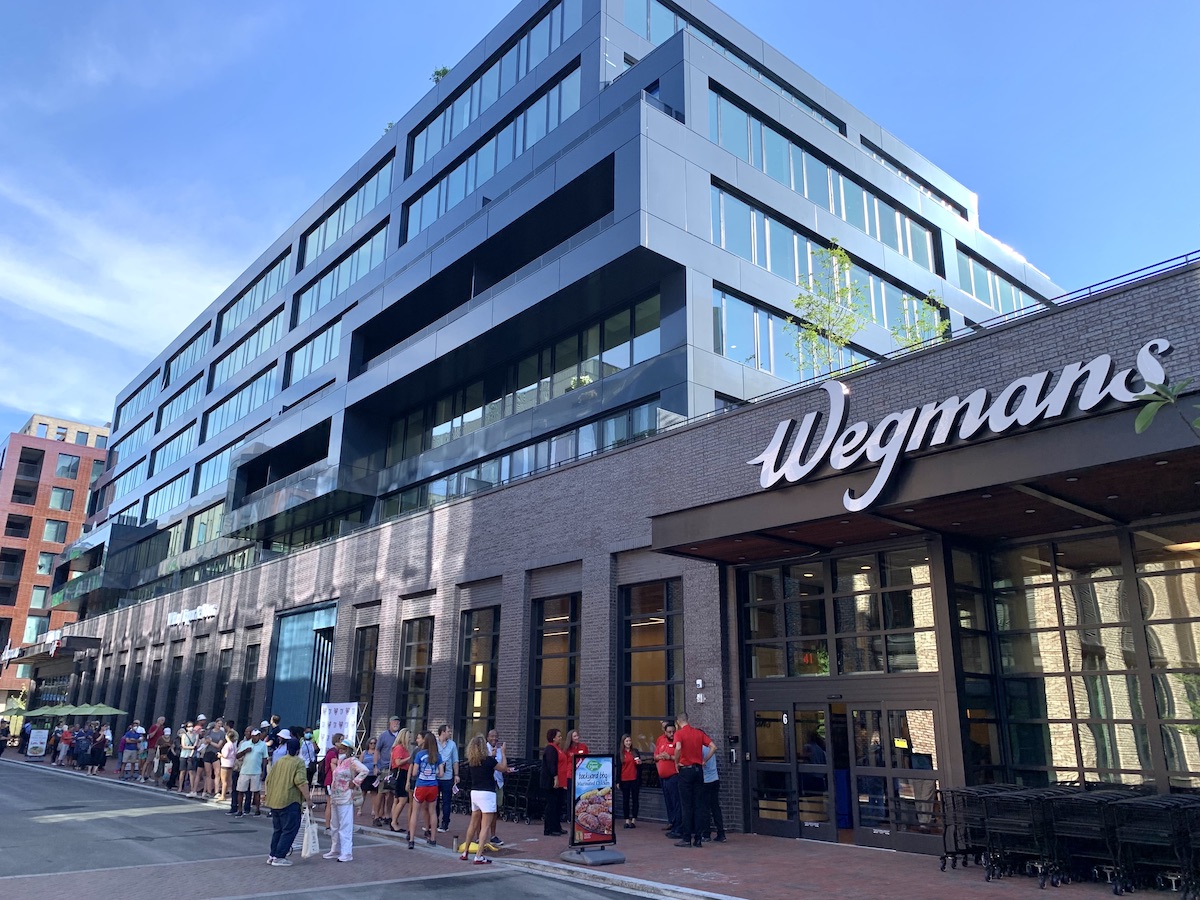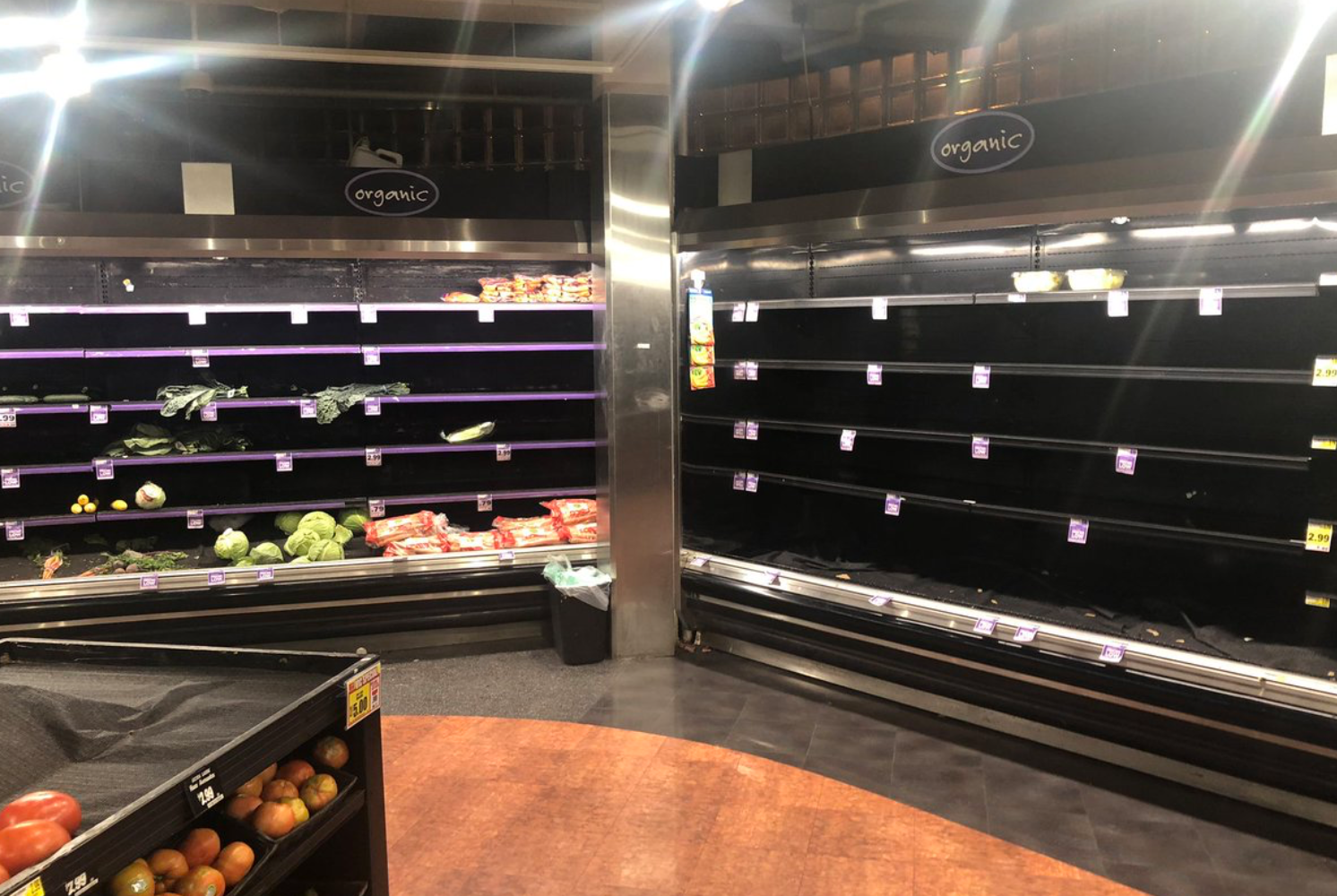When Glen’s Garden Market first opened in Dupont Circle four years ago, employees donned shirts with a “no bananas” logo on the back. After all, sourcing products from the District and six states within the Chesapeake Watershed was a key principle of grocer Danielle Vogel’s environmentally minded market. Non-local necessities such as (recycled) paper towels were relegated to a small, semi-hidden section dubbed “The Forbidden Fruit of the Nonindigenous Tree.”
As of Feb. 1, forbidden fruits like bananas—not to mention avocados, berries, and much more—will line the shelves at both of the Dupont and Shaw locations. Still, Vogel says her vision hasn’t changed. She’s just experimenting with a new way to implement it.
Vogel partnered with the Chesapeake Conservancy for what she calls an “annual offset project.” Glen’s will donate an upfront sum per year—she estimates around $3,000 to start—to the Annapolis-based non-profit’s climate change programs, which is intended to offset the grocery’s heightened carbon emissions. She then plans a retroactive audit to guarantee the contribution is sufficient.
“So yes, we have lemons,” says Vogel. “But the lemon had to meet excruciatingly rigorous sourcing standards, and then we’re apologize to the earth for bringing it here. So we’re doing it our way.”
As for the cost to customers, Vogel says her prices will be the same—or lower—for comparable items at Whole Foods.
All other sections of the store, from pantry items to fresh meats, will slowly be incorporated into the new plan. Changes include seafood—sustainable wild Alaskan salmon and Gulf shrimp—plus items like parmesan cheese, Malbec, and a myriad of other things one finds at a neighborhood grocery. Prepared foods will also change (so, yes, you can finally add avocado to your sandwich). By April 22—Earth Day —regular customers may not recognize the market, at least in terms of the variety available.
Vogel is a fourth-generation grocer, but came to the business after work in law and environmental policy. When she opened Glen’s in 2013, her work with Senator Joe Lieberman—and the loss of a major climate change bill—were fresh on her mind. She saw her business as a tool to impact policy on the ground level: composting, eliminating waste, and reducing the grocery’s carbon footprint by drastically limiting its sourcing range. Glen’s launched products for 65 small, local businesses, some of which have gone national. And then in November Donald Trump was elected, and Vogel felt the mission became more dire.
“What I came to realize was, quite possibly, the sum of all progress made on climate change in the next four years could be in these four walls,” says Vogel, sitting in the Dupont office. “There are a lot of people feeling very desperate about what we have headed this way.”
Vogel conducts regular recon tours at local Whole Foods, which she views as Glen’s direct competition. She began noticing a trend while watching customers shop—some toting reusable Glen’s Garden Market bags.
“They were buying all the stuff we sell: yogurt and eggs and leeks,” says Vogel. “But then they might buy an avocado, a lemon. I realized people don’t have enough time to be inconvenienced by our product mix. Because we don’t have the avocado to sell them, we lose our ability to make change on the rest of the basket. But if we sell them the avocado, and we source it sustainably and responsibly, then their tomato can be from Virginia, their garlic from Lancaster County, and their granola from up the street.”
Thus Glen’s has slowly begun to diversify its goods with items that go through a sustainability review panel before landing on the shelves. Criteria are inspired by the American Good Food Awards: no artificial ingredients, synthetic pesticides, herbicides, hormones, or GMOs. Changes will start in the produce section with fruits and vegetables from Fare Trade-certified vendors, Baldor and Albert’s Organics, which will add to the selection of items from small, local farms.
“I think this town is ready for an opportunity to make change,” says Vogel. “I want people to understand just by coming here—because of the standards we have—they’re able to make progress, even in a way that’s convenient to their lives.”
As for those “no bananas” t-shirts, they’ve been composted.

